While attending a conference last week, I found myself in an elevator with two other attendees. While my name tag appeared to suggest I was speaking at the conference, I explained that I do write and speak on ethics.
One attendee smiled and asked, “Does ethics exist anymore?”
While our nation’s capital endures numerous ethical lapses, it’s important to recognize that there are people and companies that model good ethical behavior. Here are two stories from Fast Company from June of 2015.
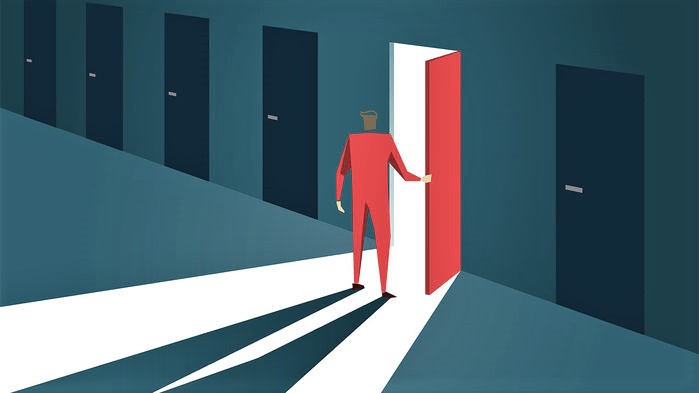
“Weeks after Sallie Krawcheck took over running Merrill Lynch’s wealth management division, in the fall of 2009, she was told that the Stable Value Fund, a financial product Merrill had sold in 401k plans, wasn’t actually so stable. The team had ‘messed up,’ says Krawcheck. They had ‘managed the money in a way that something that was supposed to be low risk and maintain its value had lost value.’
“Even worse, the people who would suffer most from the mistakes were low-income earners who invested in the funds as part of their retirement savings plans–specifically, Walmart employees, as the retail giant was the biggest owner of these funds.
“ ‘There were two options, one of which was to say tough luck to the Walmart employees who owned the Stable Value Fund,’ says Krawcheck. ‘Or to put money in, in order to increase the [fund’s] value.’
“Krawcheck, who had just been fired as head of CitiGroup’s wealth management division for reimbursing clients for their losses, quickly felt a sense of déjà vu in her new role.
“ ‘I’d lost my job once for doing this . . . did I want to do it again?’ she recalls. ‘And the answer is, I did.’
“She adds, ‘It wasn’t a lot of sleepless nights. In a way, I had set precedent for myself on this. I set precedent at [Smith] Barney’s that I was willing to lose my job for it.’
“When Krawcheck came forward with her suggestions, there was a lot of back and forth because ‘the banks didn’t have lots of money at the time,’ she says. ‘What I will say is that Ken Lewis, who was the CEO at the time, did support us in making what I thought was the right decision. I didn’t get fired from it. In fact, you’d never even read about it until today.’
“Her advice: ‘We all have to find that line for ourselves and examine the downside. Are you comfortable with the downside? I didn’t love the idea of losing my job, but that was less painful to me than thinking about telling the Walmart employees that we had lost money that they had thought could not be lost.’
“The lesson: ‘Know what your indicator is. My indicator has always been my stomach. When my stomach starts to hurt, I know that something’s wrong.”
Additional lesson: Living up to honesty is not always easy, if it were, everyone would be honest!
Krawcheck is the chair of Ellevate Network and Ellevate Asset Management.
* *
“When Scott Gerber, CEO of the Gerber Group, found out that one of his employees was clocking in his wife who wasn’t actually showing up until three hours later, the company immediately fired the employee.
“Afterwards, the employee came in with his father, who has worked for Gerber for two decades, and the two pleaded for another chance. He explained that he had a newborn son and that his wife couldn’t leave for work until he got home. Although it was a tough decision, Gerber and his business partner decided to give the employee another chance, mainly because his father had been a loyal employee for so long.
“ ‘[We] made the decision to [rehire] him,’ says Gerber. ‘The decision was extremely difficult because we caught him technically stealing from the company, and we generally have a zero-tolerance policy for such behavior. But because his father has worked for us for over 20 years, and vouched that his son would never do this again, we decided to give him another chance.’
“The lesson: Loyalty and longevity still matter at some companies.”
While I agree with Gerber’s stand of zero-tolerance for such actions, second chances demonstrate that you care about employees and recognize that all of us can make mistakes.
Comments
Leave a Comment
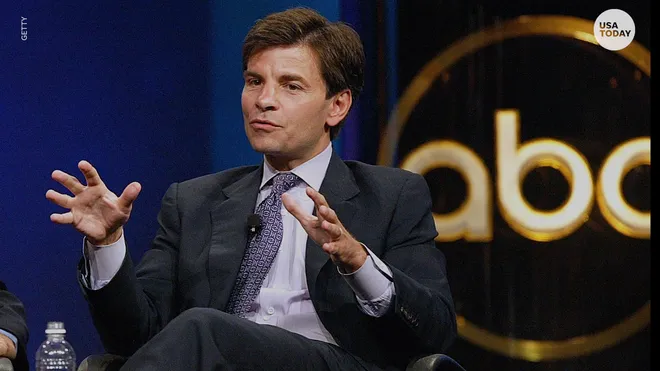




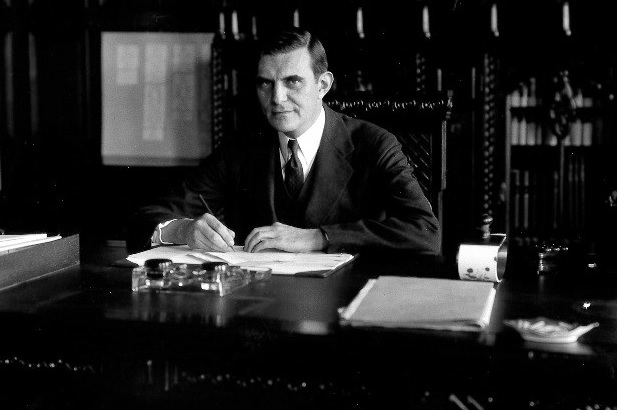
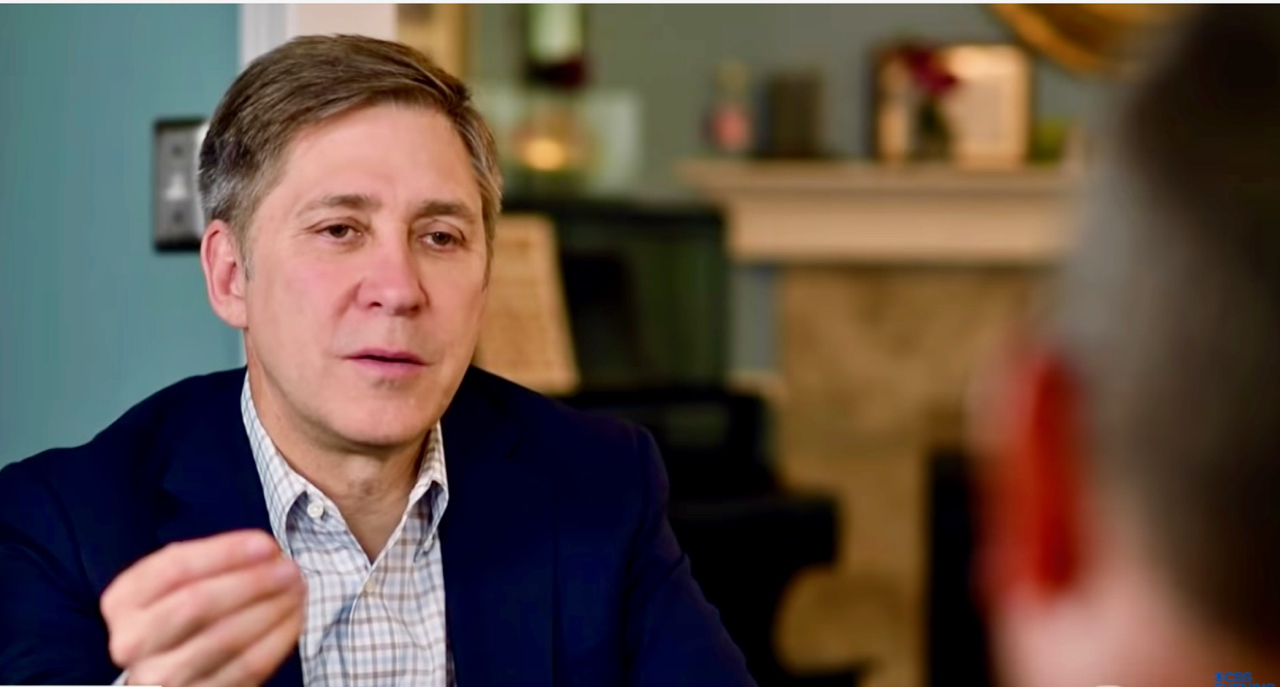

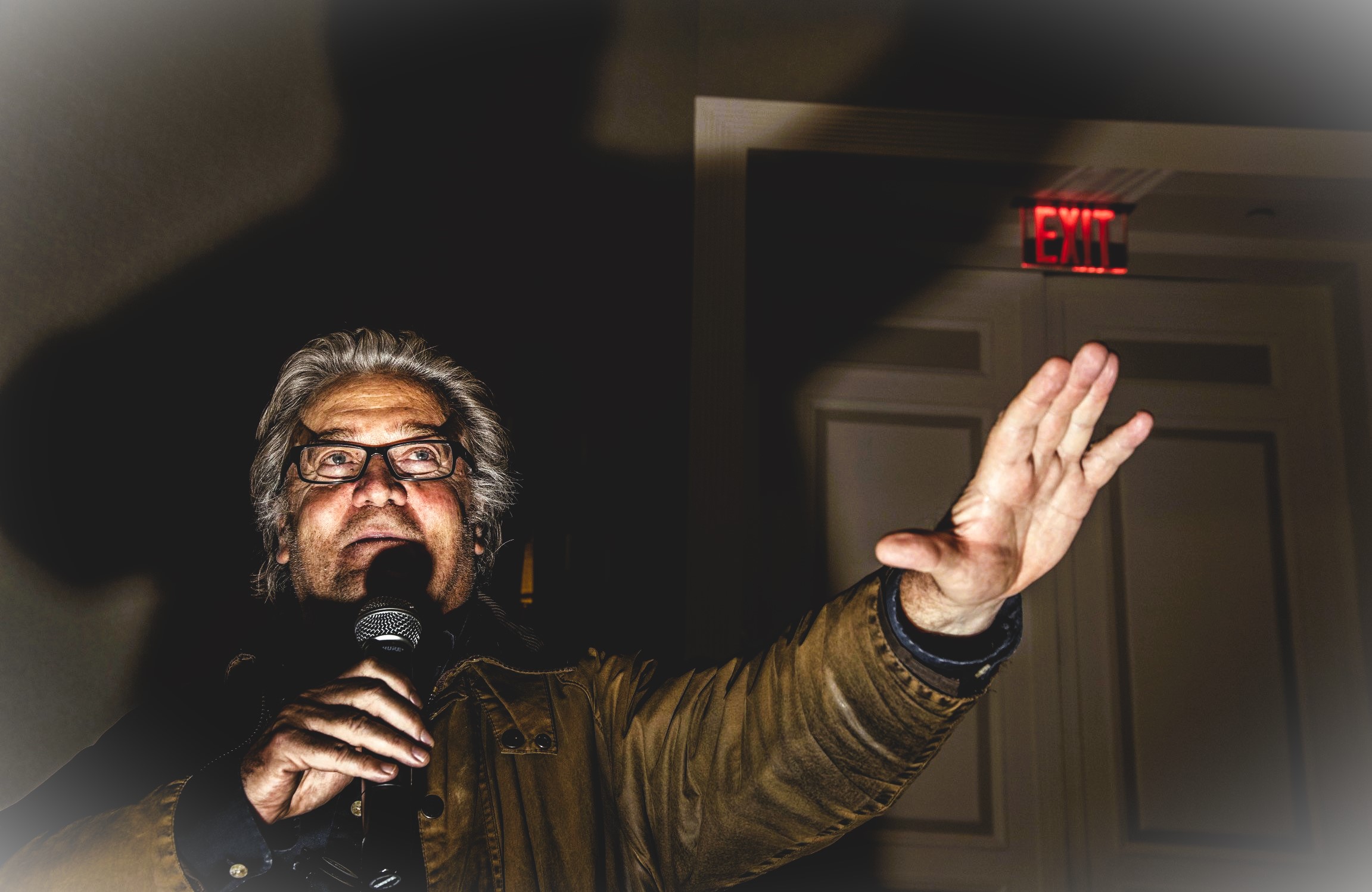



Yes, “loyalty and longevity still matter.”
We know “we” can change and hope the same is true for others. We just don’t know if their change is superficial or long term and deep.